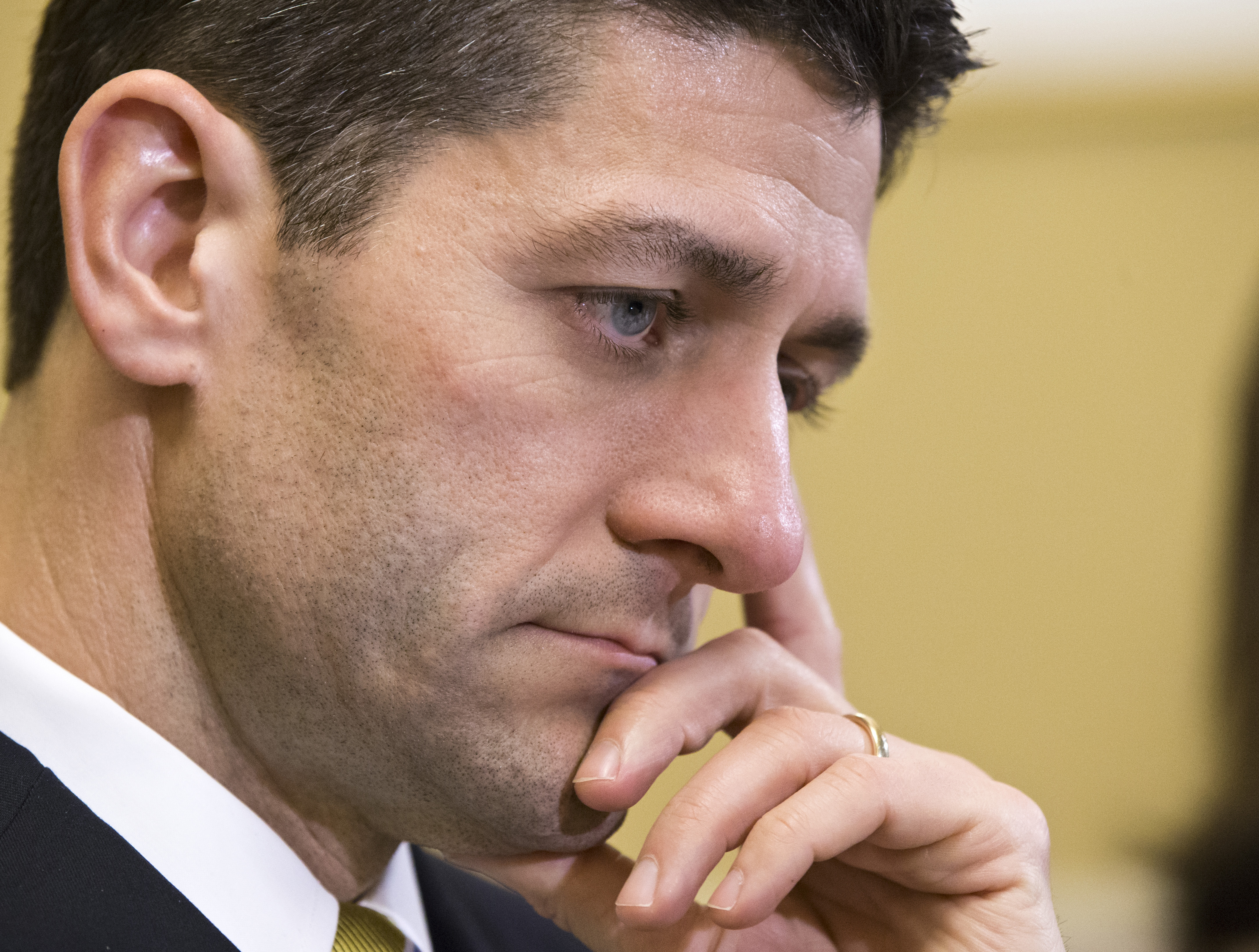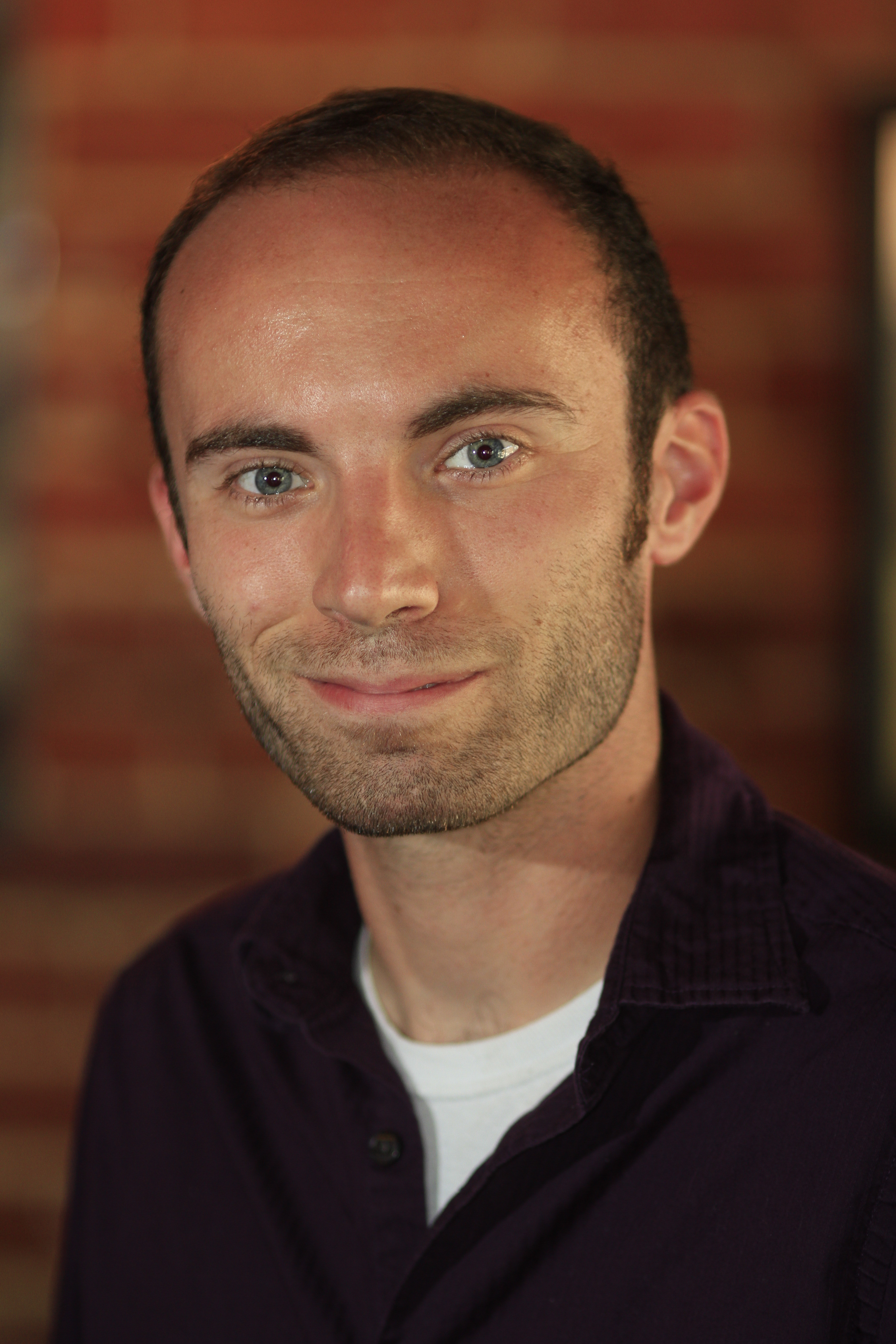 House Budget Committee Chairman Rep. Paul Ryan, R-Wis. is seen on Capitol Hill in Washington. The Senate pressed ahead Wednesday on a huge, bipartisan spending bill aimed at keeping the government running through September and ruling out the chance of a government shutdown later this month. The developments in the Senate come as the House resumed debate on the budget for next year and beyond.
House Budget Committee Chairman Rep. Paul Ryan, R-Wis. is seen on Capitol Hill in Washington. The Senate pressed ahead Wednesday on a huge, bipartisan spending bill aimed at keeping the government running through September and ruling out the chance of a government shutdown later this month. The developments in the Senate come as the House resumed debate on the budget for next year and beyond.WASHINGTON - A former top Internal Revenue Service official said Monday that U.S. Rep. Paul Ryan stretched the truth when the former vice presidential candidate mentioned a Chattanooga nonprofit to bolster the idea the IRS favors liberal groups over conservative groups.
In an interview with the Chattanooga Times Free Press, Marcus Owens, who oversaw tax-exempt groups at the IRS between 1990 and 2000, said the Wisconsin Republican overplayed the facts to score political points.
"It's different rules, different activities, different applications," said Owens, now a Washington-based attorney. "I think he was stretching things."
In a statement, Ryan spokesman Kevin Seifert did not dispute Owens. He said the congressman merely wanted to highlight "discrepancies in treatment by the IRS."
At a House hearing last week, Ryan cited Chattanooga Organized for Action as an example of a left-leaning nonprofit that was cleared for tax-exempt status faster than tea party organizations targeted and delayed because of their conservative ideology.
The Chattanooga Tea Party was among the right-leaning groups singled out by the IRS for extensive questioning and a drawn-out application process.
"The IRS was doing this because they were concerned about political activities by nonprofits. That's the debate that seems to be taking place here," Ryan told former acting IRS commissioner Steven Miller. "Some of these that were approved were Chattanooga Organized for Action ... and the Progressive USA. If you were concerned about political activity, did you have targeting lists that contained words like 'progressive' or 'organizing' in their names?"
Left unsaid by Ryan: Chattanooga Organized for Action experienced a lengthy IRS review itself. Additionally, its leaders sought a completely different tax designation than the Chattanooga Tea Party and other groups caught up in the scandal.
Robert Kelner, chairman of the election and political law practice at the Washington-based law firm Covington & Burling, said Ryan's argument lacked depth.
"I don't think one can draw a lot of conclusions from a comparison of any one pair of applications," Kelner said.
Previously known for protests against Republican lawmakers and efforts to recall former Chattanooga Mayor Ron Littlefield, Chattanooga Organized for Action in summer 2011 applied to be tax-exempt under the 501(c)(3) designation, which prohibits groups from taking partisan stands or working to elect or defeat any candidate for elective office.
"[Our] organization has ceased all prohibited political and partisan activities," Chattanooga Organized for Action wrote in its IRS application.
While 501(c)(3) groups can participate in educational nonpartisan activities such as get-out-the-vote drives, they cannot support or oppose political candidates, donate money or time to political campaigns or lobby an unlimited amount. But 501(c)(4) "social welfare" groups, which includes the Chattanooga Tea Party, can do all of that as long as politics isn't those groups' "primary" focus.
In a statement, Chattanooga Organized for Action Executive Director Perrin Lance said, "It was nice to hear Congressman Paul Ryan recognize Chattanooga Organized for Action's work for social and economic justice.
"[But] it is obvious from his discussion of our organization ... that he is deeply misinformed not only about the exempt status of our organization but also the very detailed level of scrutiny the IRS gave our organization," Lance said.
Records provided by Lance show the IRS took nearly two years before deeming Chattanooga Organized for Action tax-exempt under the 501(c)(3) classification. It took about three years for the Chattanooga Tea Party to get the same treatment under the 501(c)(4) designation.
